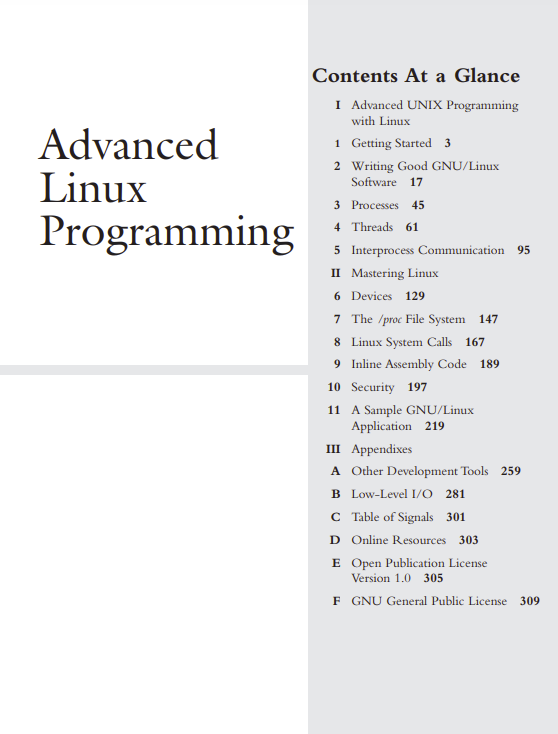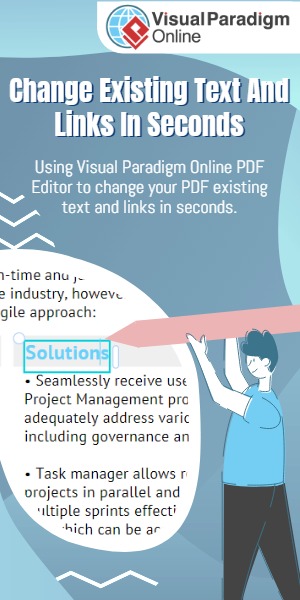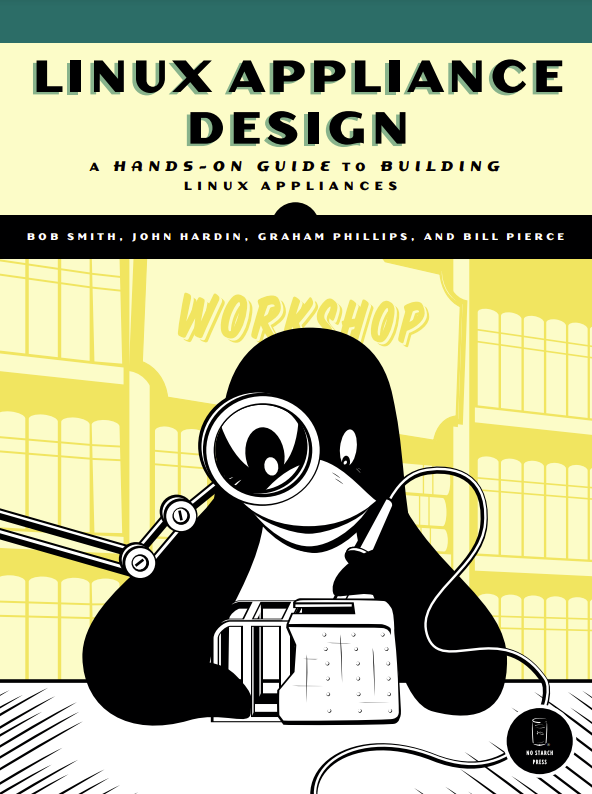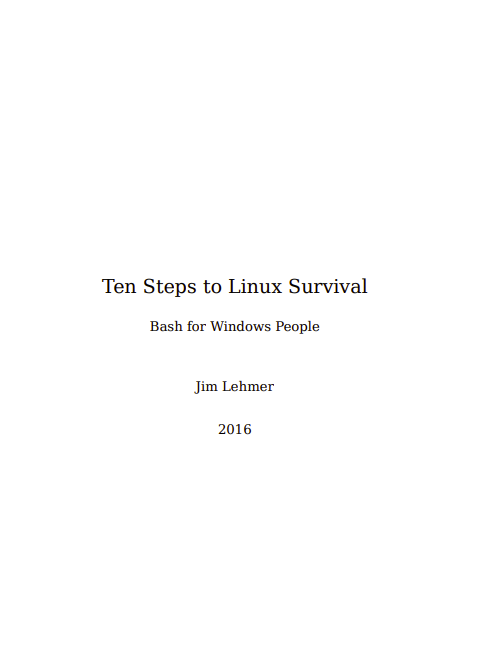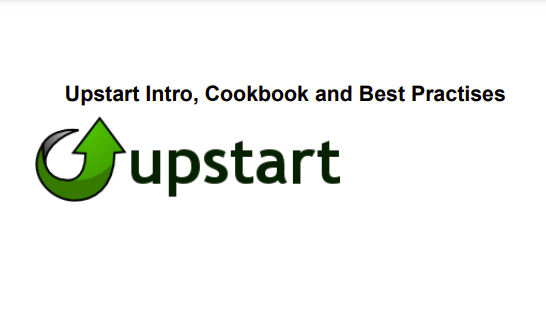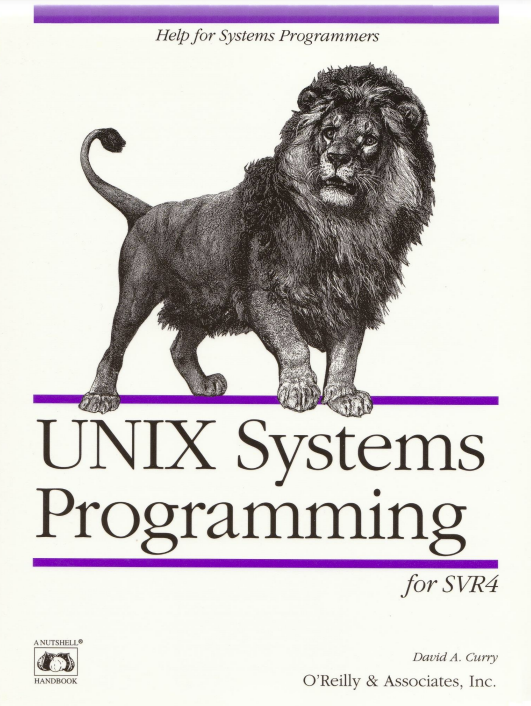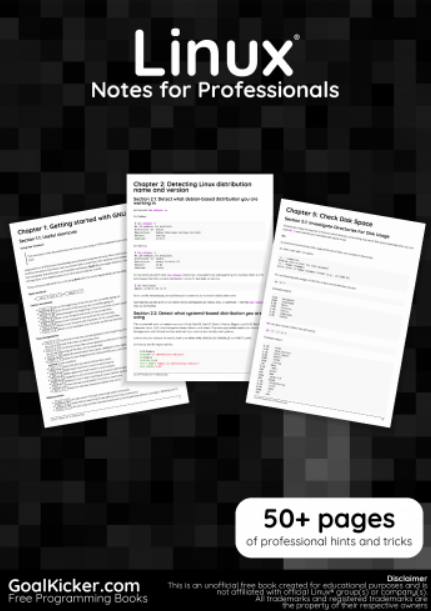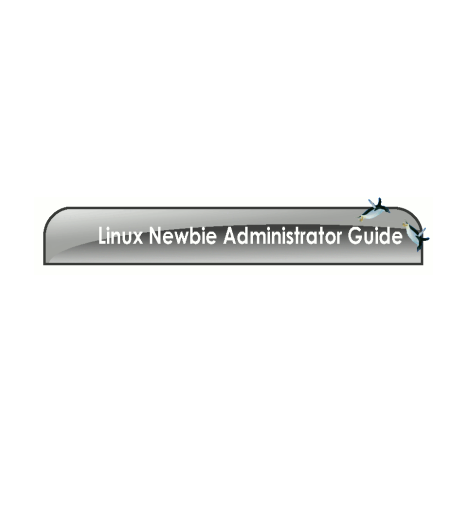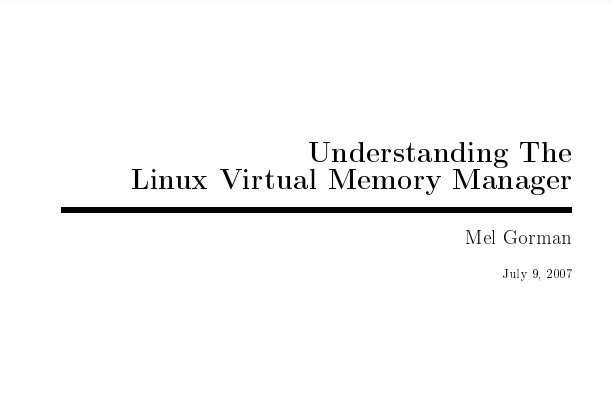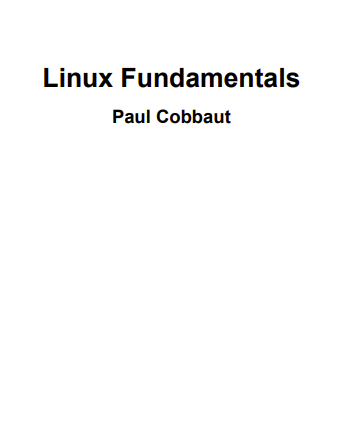Introduction
GNU/Linux has taken the world of computers by storm. At one time, personal computer users were forced to choose among proprietary operating environments and applications. Users had no way of fixing or improving these programs, could not look “under the hood,” and were often forced to accept restrictive licenses. GNU/Linux and other open source systems have changed that—now PC users, administrators, and developers can choose a free operating environment complete with tools, applications, and full source code.
A great deal of the success of GNU/Linux is owed to its open-source nature. Because the source code for programs is publicly available, everyone can take part in development, whether by fixing a small bug or by developing and distributing a complete major application. This opportunity has enticed thousands of capable developers worldwide to contribute new components and improvements to GNU/Linux, to the point that modern GNU/Linux systems rival the features of any proprietary system, and distributions include thousands of programs and applications spanning many CDROMs or DVDs.
The success of GNU/Linux has also validated much of the UNIX philosophy. Many of the application programming interfaces (APIs) introduced in AT&T and BSD UNIX variants survive in Linux and form the foundation on which programs are built. The UNIX philosophy of many small command line-oriented programs working together is the organizational principle that makes GNU/Linux so powerful. Even when these programs are wrapped in easy-to-use graphical user interfaces, the underlying commands are still available for power users and automated scripts.
A powerful GNU/Linux application harnesses the power of these APIs and commands in its inner workings. GNU/Linux’s APIs provide access to sophisticated features such as interprocess communication, multithreading, and high-performance networking. And many problems can be solved simply by assembling existing commands and programs using simple scripts.
GNU and Linux
Where did the name GNU/Liux come from? You’ve certainly heard of Linux before, and you may have heard of the GNU Project. You may not have heard the name GNU/Linux, although you’re probably familiar with the system it refers to.
Linux is named after Linus Torvalds, the creator and original author of the kernel that runs a GNU/Linux system. The kernel is the program that performs the most basic functions of an operating system: It controls and interfaces with the computer’s hardware, handles allocation of memory and other resources, allows multiple programs to run at the same time, manages the file system, and so on.
The kernel by itself doesn’t provide features that are useful to users. It can’t even provide a simple prompt for users to enter basic commands. It provides no way for users to manage or edit files, communicate with other computers, or write other programs. These tasks require the use of a wide array of other programs, including command shells, file utilities, editors, and compilers. Many of these programs, in turn, use libraries of general-purpose functions, such as the library containing standard C library functions, which are not included in the kernel.
On GNU/Linux systems, many of these other programs and libraries are software developed as part of the GNU Project.1 A great deal of this software predates the Linux kernel.The aim of the GNU Project is “to develop a complete UNIX-like operating system which is free software” (from the GNU Project Web site, http://www.gnu.org).
The Linux kernel and software from the GNU Project has proven to be a powerful combination.Although the combination is often called “Linux” for short, the complete system couldn’t work without GNU software, any more than it could operate without the kernel. For this reason, throughout this book we’ll refer to the complete system as GNU/Linux, except when we are specifically talking about the Linux kernel.
